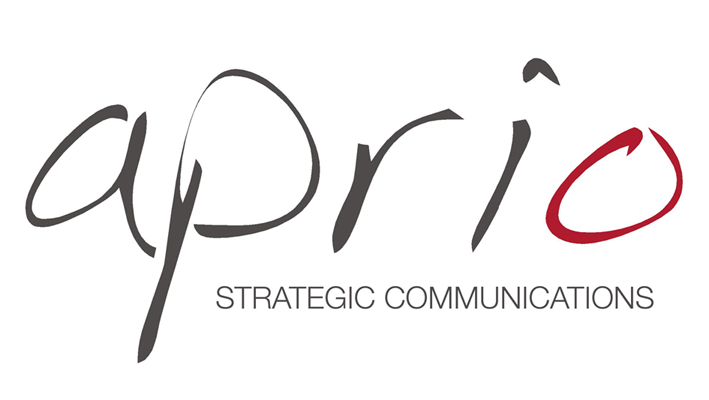There are a lot of ways to get free PR for your startup, but publicists have spent years building up media contacts and pitching skills that you cannot replicate on your own. For Startups, especially ones trying to raise money, the value of good PR cannot be underestimated. Even if your budget is tight, hiring a good firm (for at least six months) can be the difference between barely scraping by and hitting it big.
But PR is a bit like cooking – even the best chef can only do so much with bad ingredients. If you want your PR firm to succeed, you need to help them.
Paula Conway is president of Astonish Media Group, a PR firm based in New York City. Astonish works with big companies (e.g. American Airlines) and startups (e.g. FITWEEK) alike, and has gotten impressive PR results for both. Here are her top tips for helping you get the results you are paying for.
1. Share News Early
Tell your PR firm of any branding changes, news, partnerships, or announcements ahead of time. Don’t just spring news on them a week or two before something is about to happen and then expect them to get you in the New York Times. Lead-time is critical with media, so give your firm the time they need to craft the messaging and broadcast that messaging. Remember that print publications often work six months out.
2. Consult With Your Firm On Branding Decisions
Get your firm’s input on any major changes to the company’s name, branding or market positioning. “We had a client who decided after we had landed him quite a bit of press to up and change the name of his company, and introduce the new brand. It confused the media and ultimately, because they became suspicious of the sudden branding shift, he lost some high profile press opportunities.”
3. Make Time To Talk
Make your team members available for regular check ins and for media inquiries. If the CEO is going to be the spokesperson, he or she needs to be available to the media within a reasonable timeframe (24-48 hours). If the CEO is just too busy, find someone within the company who will make a great spokesperson who has the time to cultivate the media relationships. These relationships are critical to your company’s future and brand trust with the press. PR is not something you can just hand off. It takes work and time to be successful.
Paula Conway, President of Astonish Media
Don’t put unreasonable demands on your PR firm. Expecting them to pick up the phone and have you in the Wall Street Journal within a week because you have a great story is not reasonable. Even if your PR firm as the best contacts, they need to reach out to their contacts with a measured approach to ensure that the message is well communicated and that your brand is presented in the best possible light. You also need to allow time for your company to gain trust with the media and this simply does not happen overnight. Paula recommends you contract a firm for a minimum of six months, and ideally a year, to start seeing results.
5. Listen.
Take your PR firm’s counsel. Remember, good press is IRREPLACEABLE and is the most valuable objective advertising your company or brand can ever receive. The good will it will buy you will live on beyond the moment of sales and pay you back in many different ways. Trust your firm to know when it is the right or wrong time to strike out with a message or new product launch.
6. Be Creative.
Give your firm good stories. If your company is doing interesting things, share that with your PR firm. Have more conference calls, or invite them in to meet with your staff and learn more about the creative things your company has to offer. Good stories and interesting angles are what get an editor’s attention. You cannot pitch the same thing over and over again, your PR firm needs you to help them think outside the box to help get you more placements.
As Theresa Roemer (an expert in business philanthropy who is one of Astonish’s clients) summarized, “Having been through multiple PR firms and having made many mistakes along the way, I learned that you, the client, are as much responsible for the PR as the publicist. You need to communicate your goals, share information, and make yourself and your team members available. Otherwise, you’re spending money in a vacuum. If you do not work alongside your PR firm and lay out your objectives and expectations, you cannot expect them to be met.”

No comments:
Post a Comment